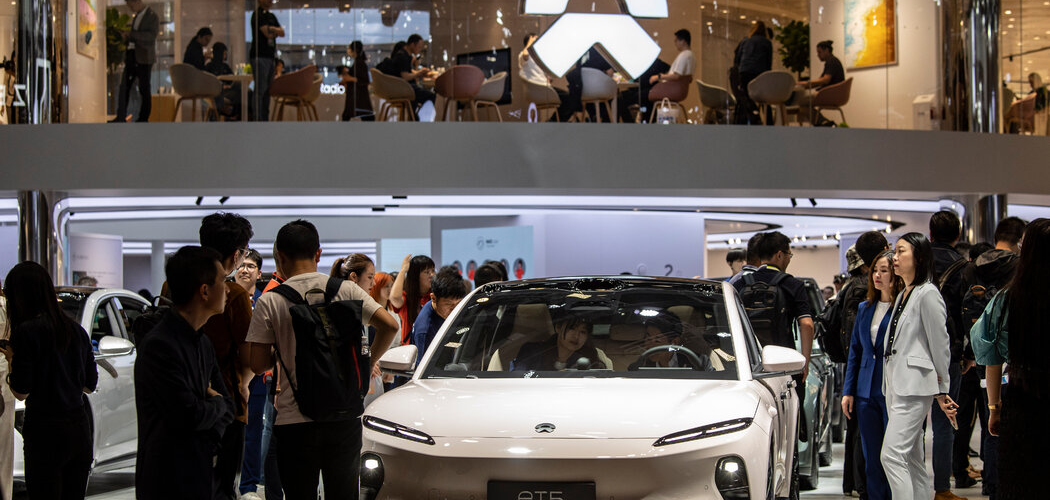On April 14, Li Bin, the founder, chairman, and CEO of NIO, spoke at the 27th Harvard China Forum at Harvard University, discussing the company’s recent strides in power swap technology and collaborative efforts in the automotive industry.

▲Li Bin, founder, chairman, and CEO of NIO
Li Bin revealed that since November of the previous year, NIO has opened its battery swapping technology to other companies, leading to agreements with four major automobile groups. He noted that additional automakers are contemplating partnerships.
He highlighted the competitive nature of the Chinese market, stating, “From day one, NIO has faced intense competition. China is not only the largest car market globally but also the most open. High-quality vehicles from any country are welcomed and compete fairly.”

▲NIO’s cars displayed on a Chinese app
He acknowledged the challenges faced by a new entrant in such a dynamic market, competing against established global giants, mature Chinese firms, and innovative startups. “The fierce competition demands significant investment and prolongs the journey to profitability while minimizing margin for error and reducing the odds of success,” Li explained.
Despite these challenges, Li advocates for an open market policy. “Closing off the market to protect local companies is not desirable. Openness benefits the industry and society at large, fostering better outcomes in the long run,” he said.

Li also pointed to the significant growth in China’s new energy vehicle market, where penetration rates have surged from 10% to over 41% in just three years. He credited this rapid growth to the openness of the market, which welcomes and supports quality automotive products from around the globe without discrimination.

▲NIO’s battery swap station
Focusing on NIO’s contributions to the evolving market landscape, Li detailed the company’s advancements in electric vehicle technology, particularly in battery swapping. “Since opening our power swap network last November, four major auto groups have signed on, with more considering joining the fold,” he reported.
Concluding his remarks, Li emphasized the dual role of competition and collaboration in addressing broader challenges like climate change. “While NIO and its peers are competitors, we are also partners in the quest for sustainability. Open competition is essential—it drives consumer benefit, industry progress, and societal well-being,” he asserted.

